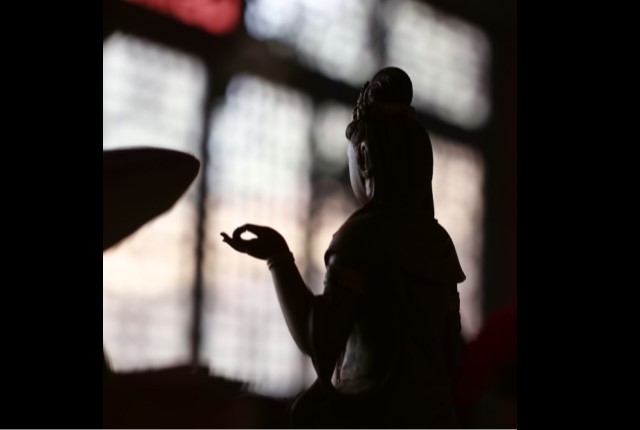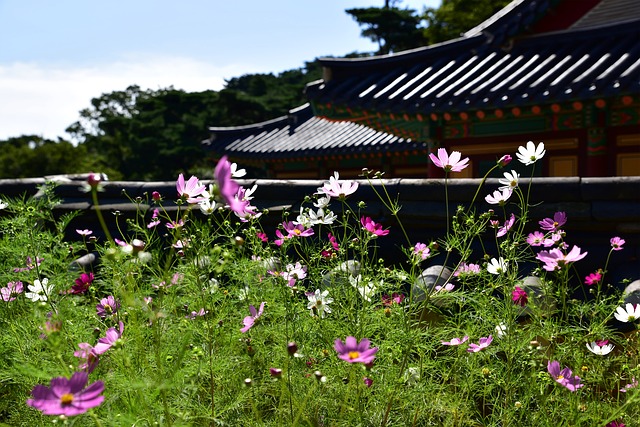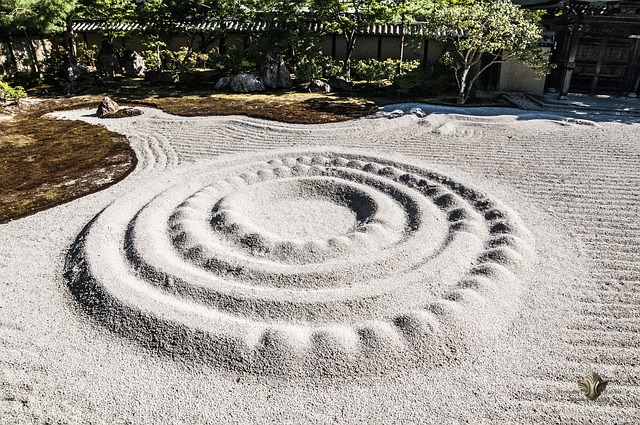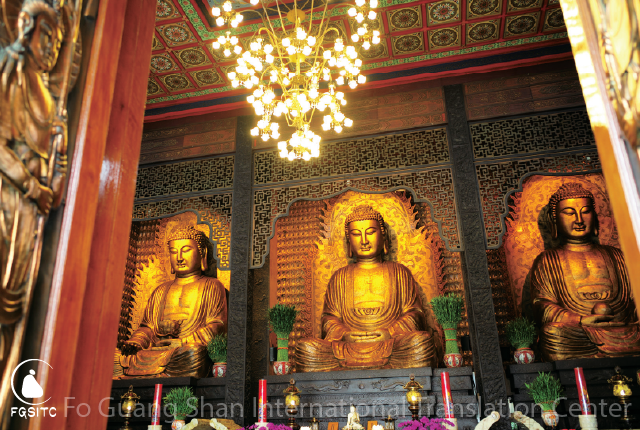
The Avatamsaka Sutra says, ‘The mind controls everything.’ In order to properly control body and speech, we must come to understand our minds. If we can control our minds, we can do anything.
Master Xingkong (780-862) wrote a wonderful passage that expresses this point very well. He said, “The practice of Buddhism can be compared to presiding over a walled city; during the day, thieves and bandits must be kept at bay while at night one must be constantly alert. If the mind in charge is thoughtful and able, then there will be peace without the use of weapons.”
In Master Xingkong’s metaphor the city is the virtuous mind while the bandits are the six senses that are constantly trying to steal our peace and wisdom.
We must have many tools in our chest when we decide to truly gain control of our minds. Sometimes we must restrict ourselves quite severely and sometimes we must allow our thoughts to soar on the wings of inspiration.
Once a bodhisattva is committed to the bodhi mind, he must not stop. Once he begins to seek the Mahayana Way, he must not become fatigued and he must not become tired of the Dharma or feel that he is satisfied with what little he has.
From Being Good, written by Venerable Master Hsing Yun.
Image from Pixabay.












